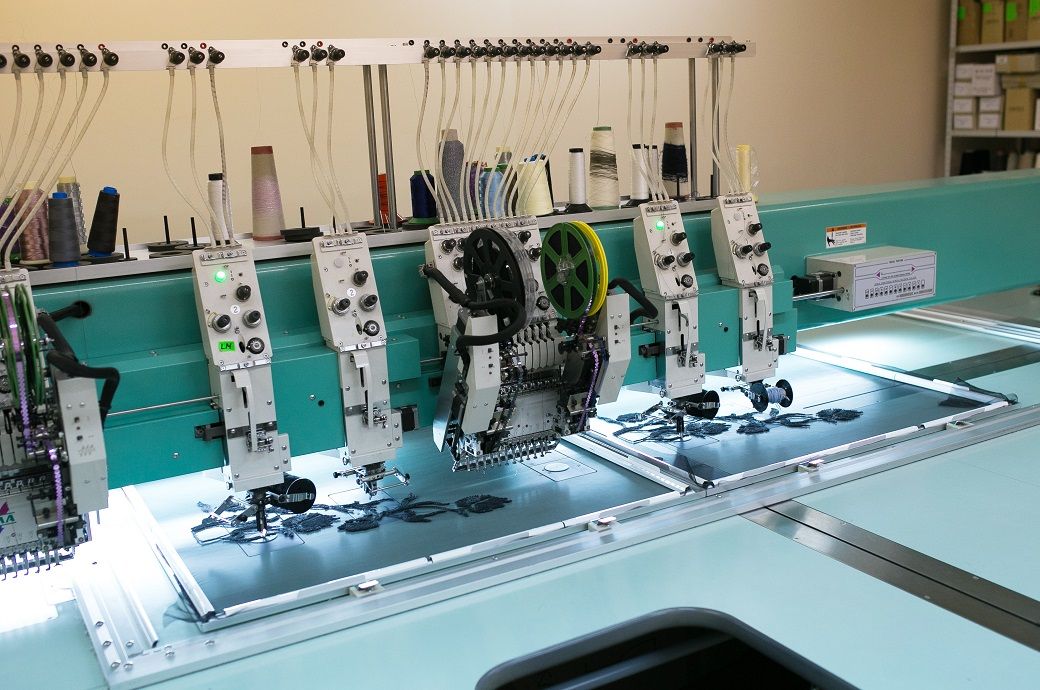

Total order books were reported as below ‘normal’ in May, to a broadly similar extent as in April at -17 per cent from -20 per cent and were marginally weaker than the long-run average at -13 per cent. Export order books were also seen as below normal, but to a greater extent than last month at -26 per cent from -9 per cent and were also below average at -18 per cent, according to the Confederation of British Industry’s (CBI) latest Industrial Trends Survey.
Expectations for average selling price inflation eased marginally in the three months to May—at 21 per cent from 23 per cent—to their lowest since March 2021. Although expectations for selling price inflation were comfortably below the multi-decade high seen in 2022 at 80 per cent in March, they remain well above the long-run average at 6 per cent.
Stock adequacy eased in May at 10 per cent from 19 per cent in April but, remained broadly in line with its long-run average. Business sentiment deteriorated in the three months to May at -10 per cent from -2 per cent, meaning that sentiment has been declining since January 2022.
CBI’s Industrial Trends Survey is based on the responses of 236 manufacturing firms.
Anna Leach, CBI deputy chief economist, said: “Our latest survey suggests the recent pressures on manufacturing activity have so far persisted through the second quarter. Sentiment continues to deteriorate and expectations for output growth in the coming three months have turned negative, which doesn’t suggest UK manufacturing is poised to recover any significant momentum in the near-term.
“With demand subdued and the outlook for costs improving, manufacturers expect growth in their selling prices to slow, which should feed through to measures of inflation over time.”
Fibre2Fashion News Desk (NB)